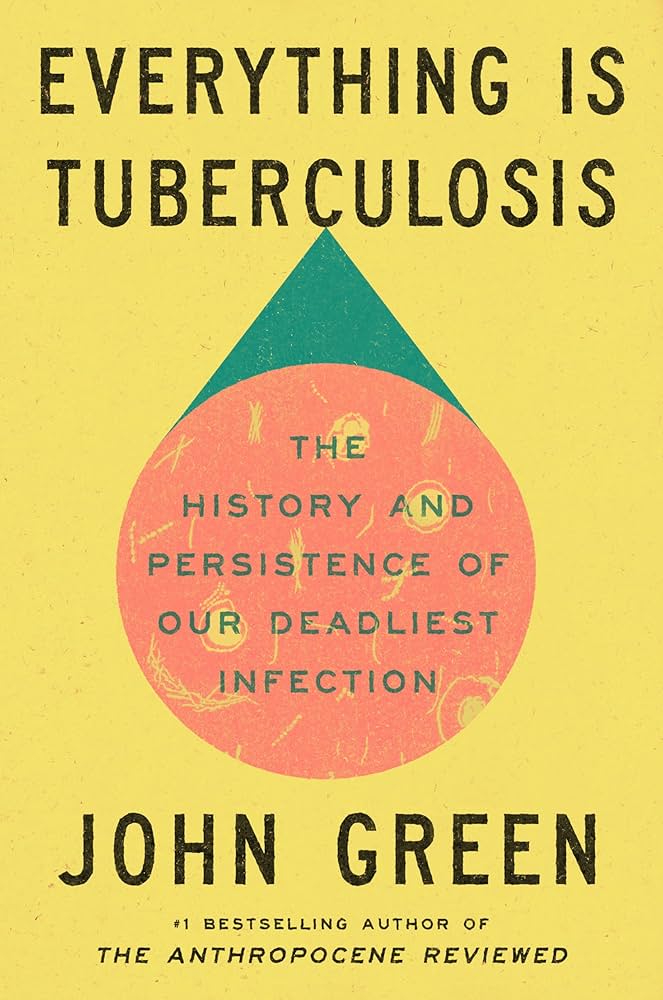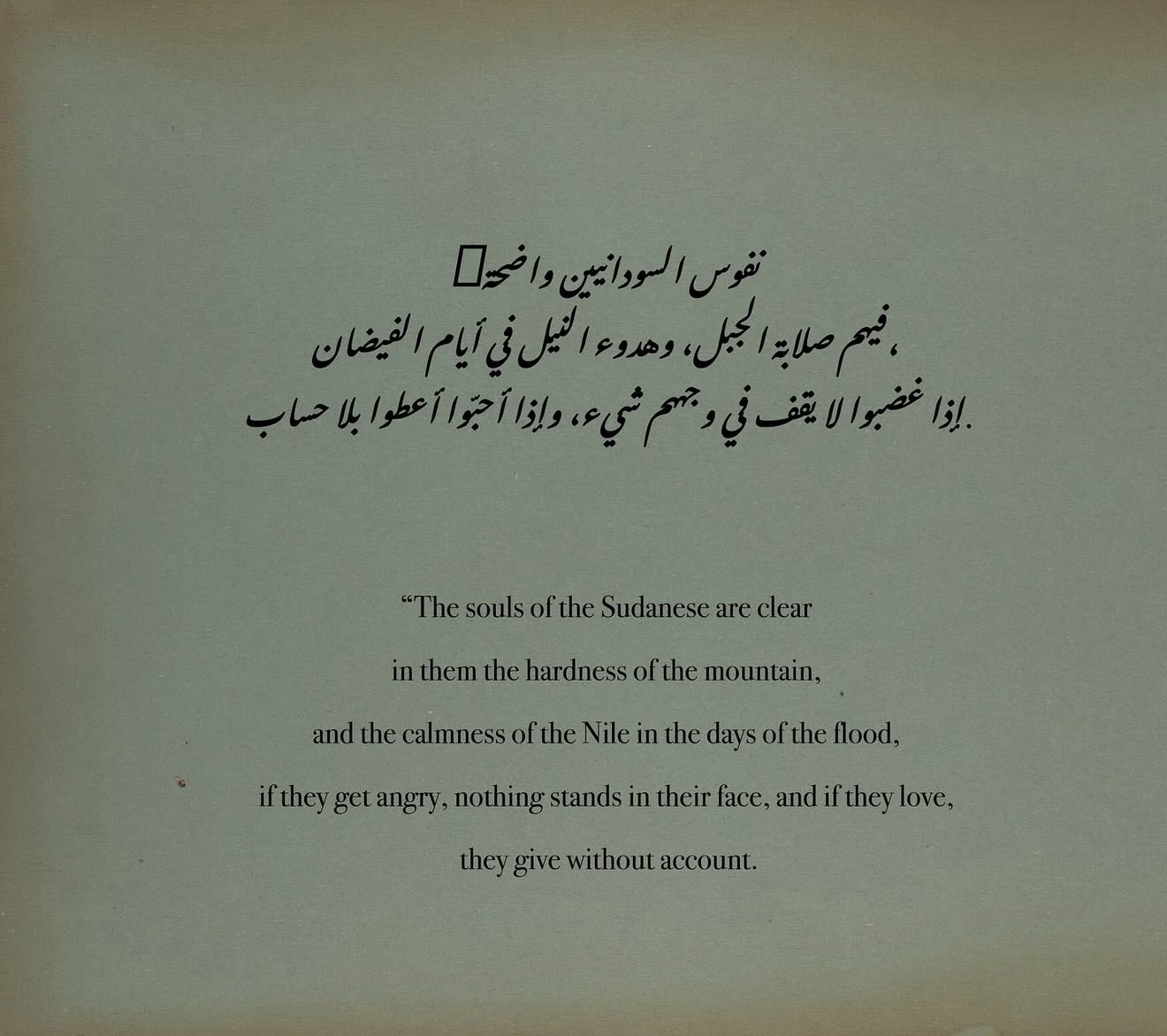Welcome to the Global Health Justice Website!
We aim to advance the struggle for global health justice by providing a platform and resources that explore fundamental drivers of health that are often absent in the conventional global health discourse. We recognize that global and national structures of domination, exploitation, and oppression play a crucial role in perpetuating poverty, disenfranchisement, and inequality – all of which have a profound impact on global health. Our goal is to expand our conversations to identify and better understand how injustice is perpetrated – and to work to transform power dynamics toward a fairer world.
By shedding light on these issues, we hope to promote a deeper understanding of the social and political determinants of health. To this end, we prioritize the perspectives and voices of those from the Global South, whose lived experiences and insights are essential for a truly comprehensive understanding of health justice. We welcome contributions to the website, including relevant articles, videos, and artistic expression (eg, songs, poetry) to further explore these issues. We encourage our UW Global Health alumni to contribute to increase our collective awareness of the situation around the world. Our website is a collaborative effort of faculty, staff, students, and alumni of the University of Washington Department of Global Health.
Global Theft
Illicit financial flows cost Africa $88 billion annually

September 11, 2025
The African Union, in an August 2025 report, estimates that illicit financial flows (IFFs) cost countries in Africa $88 billion per year. IFFs are illicit or illegal funds derived from criminal activities and/or illegal tax practices that are moved or transferred across countries, including international trade manipulations (the most common), tax evasion, smuggling, government corruption, and money laundering. Nearly half of these losses come from the ‘extractive sector,’ mostly mining. IFFs are fundamental drivers of economic injustice, and enormously undermine…
Reimagining Aid
Responding to the America First Global Health Strategy
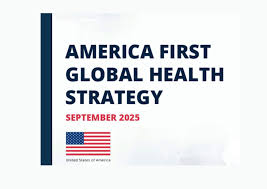
November 13, 2025
Ebera Okereke of Chatham House argues that the America First Global Health Strategy provides potential opportunities for African countries, despite being designed as strategic asset for the benefit of the USA. She suggests that recipient countries respond strategically, to 1) reclaim the narrative regarding the dependency that was largely created by donor countries, 2) to negotiate collectively to increase the leverage and strength of the dependent countries, 3) to accelerate domestic investment in health-related activities via earmarked taxes, excise levies,…
Decolonization
You Are a Global Health Professional, and You Don’t Know It
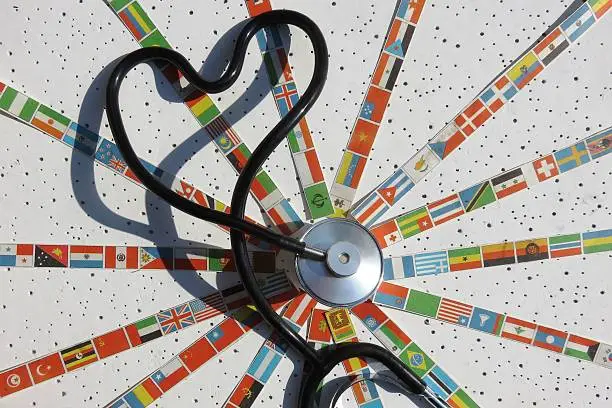
November 8, 2025
What makes someone a global health professional- and who gets to decide? In this thought-provoking piece, Ojiako and Pai challenge the unequal ways the label “global health” is applied across geographies and professions. The authors expose how power, funding, and perception shape whose expertise counts. They argue that true global health transcends borders and titles and that all those working to advance health equity, wherever they are, are indeed global health professionals. Read the full article here
War/ Militarism
Aid Funding Cuts and Malnutrition Force Kakuma Refugees Back to South Sudan
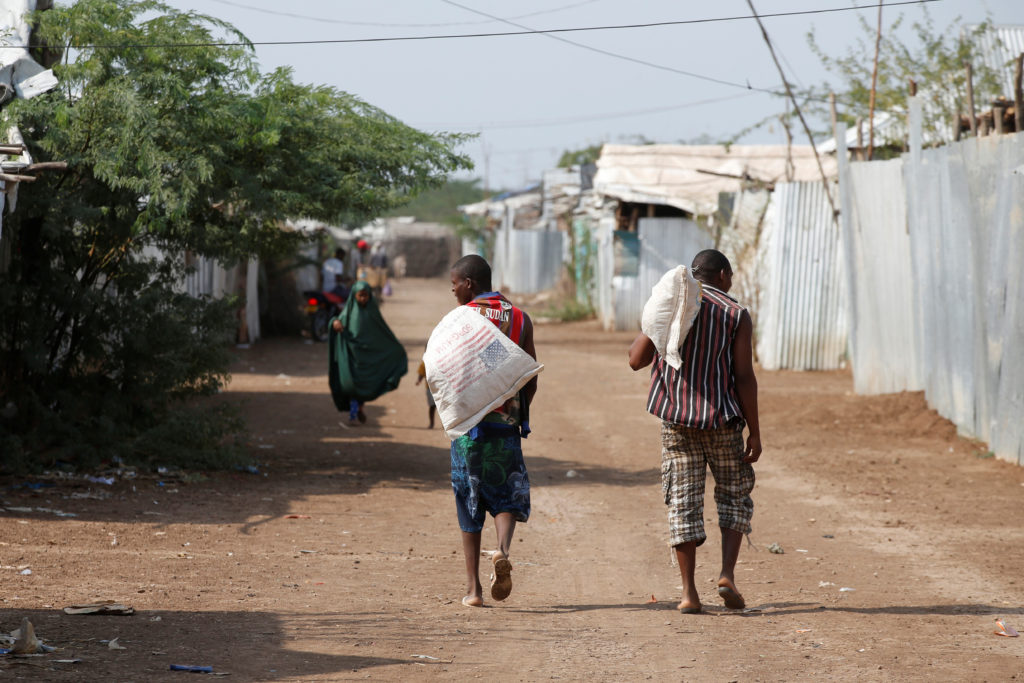
December 1, 2025
Refugees in Kakuma Refugee Camp in Kenya are starving and suffering from malnutrition. The slashing of the United States Agency for International Development (USAID) in early 2025 has led to a 70% decrease in funding for the United Nations World Food Programme (WFP). The WFP has been forced to cut the refugees’ rations to 30% of their minimum recommended amount a person should eat to stay healthy, leaving 45% of South Sudanese, the largest group of refugees, without food assistance….
Structural Violence
Warnings and Opportunities on Climate and Health: The 2025 Lancet Countdown
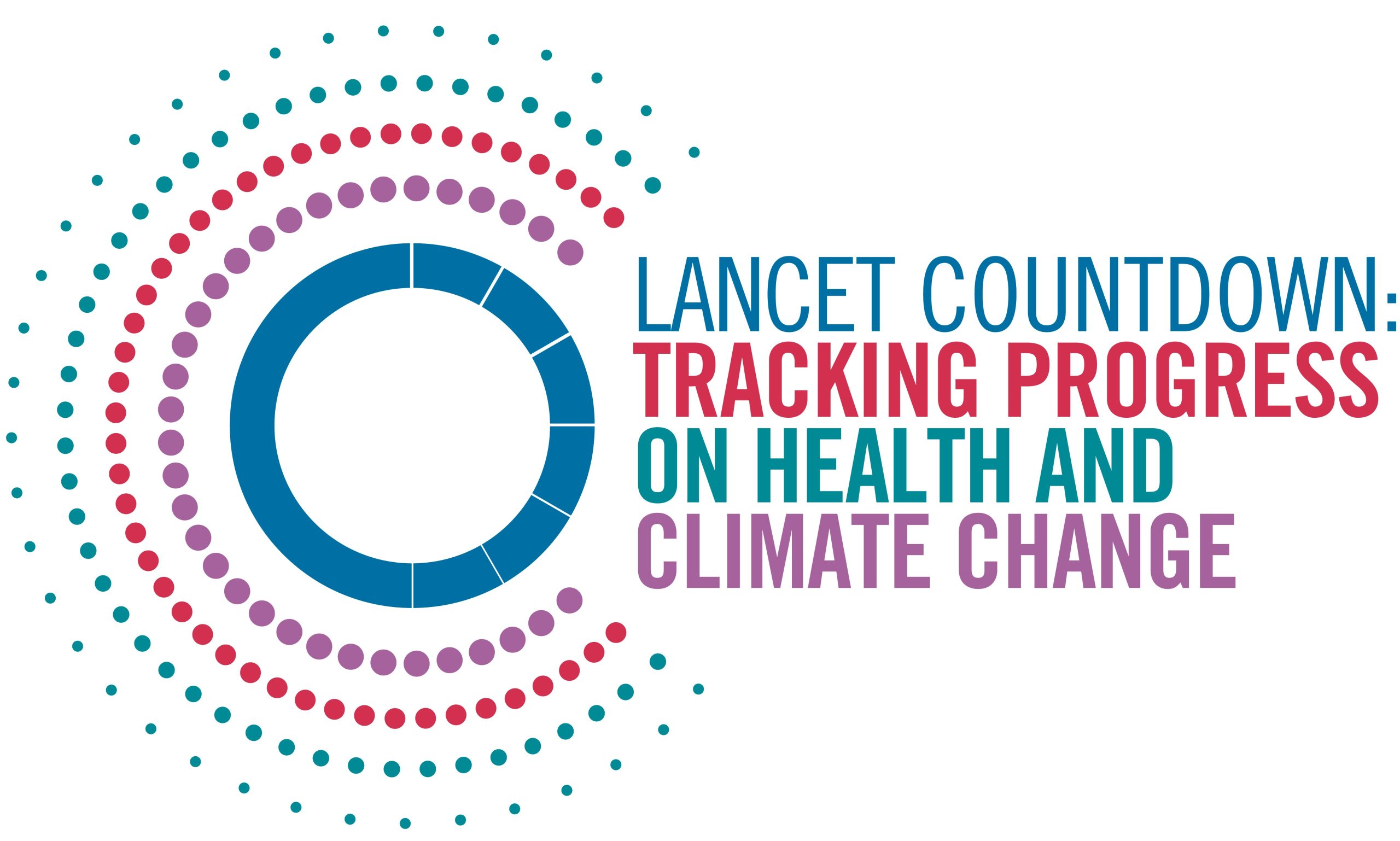
November 13, 2025
As world leaders gather for COP30 in Belém, Brazil, the question looms: How far have we progressed in addressing the interlinked crises of climate change and health? The Lancet Countdown 2025, released just one month before the summit, suggested the answer is deeply troubling. The report opens with a stark milestone: in 2024, average annual global temperatures exceeded 1.5°C above preindustrial levels for the first time. Of the 20 indicators tracking health risks and impacts, 12 reached alarming new records in…
Medical Apartheid
The CDC is Funding an Unethical Vaccine Trial in Guinea-Bissau

December 24, 2025
The U.S. Centers for Disease Control and Prevention (CDC), along with the Pershing Square Foundation and the Bluebell Foundation, has awarded a $1.6 million grant to an unsolicited proposal for a single-blind randomized control trial of the hepatitis B vaccine at birth in Guinea-Bissau. The trial will randomize newborns to receive the hepatitis B vaccine at birth or to receive no hepatitis B vaccine at birth. Universal hepatitis B vaccination at birth is proven to significantly reduce infections and transmission…
Alumni Contributions
Videos
Podcasts
Newsletter Signup
We are working on it. Check back soon to sign-up.
